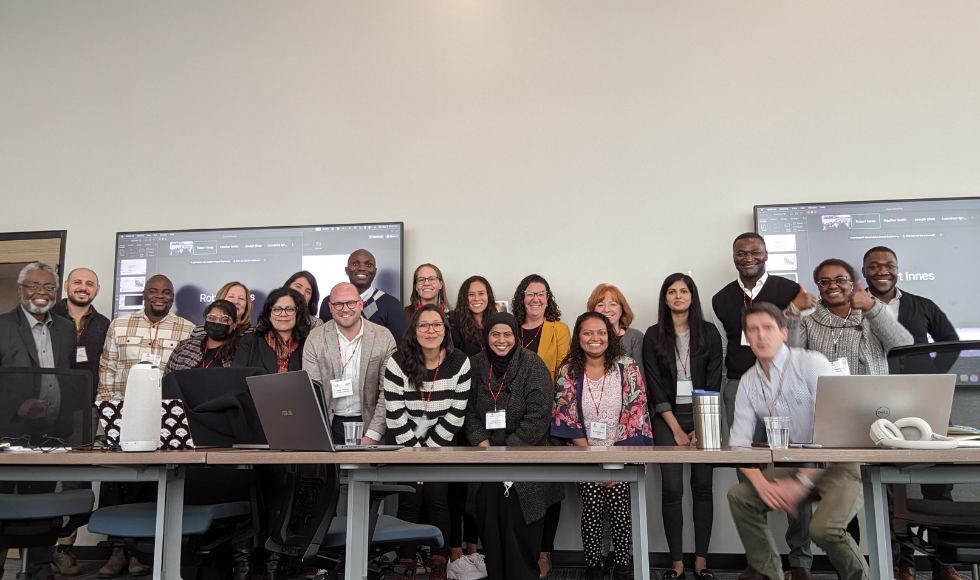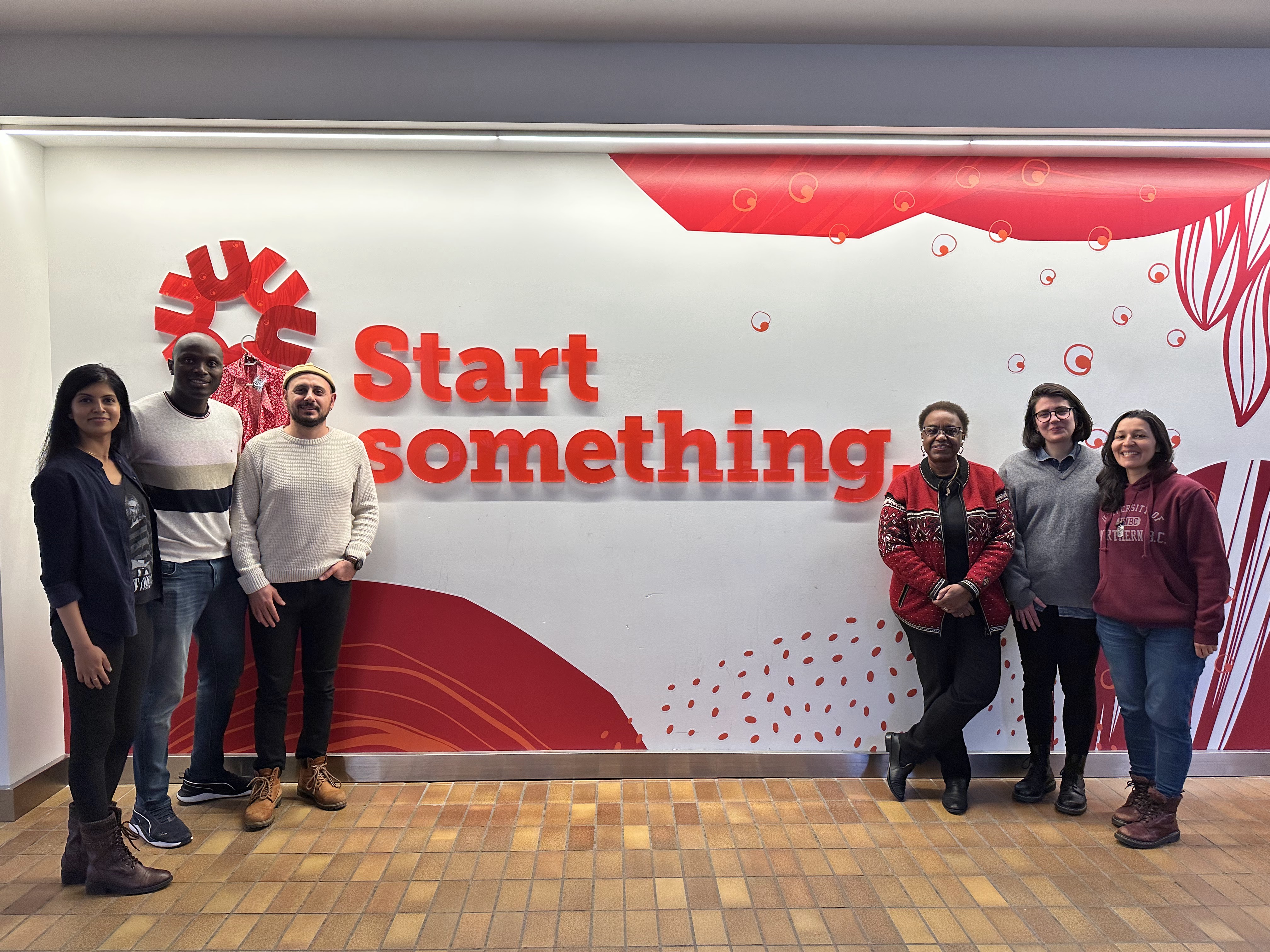Hidden Figures workshop explores racism, whiteness and oppression in academia

The Hidden Figures Workshop brought together scholars from across Canada to discuss the experiences and findings of racialized academics, as well as paths to equity, diversity and inclusion.
Growing up and going to university in Ghana, Nathan Andrews was surrounded by Black academics. But when he came to Canada, he was struck by the lack of racialized scholars, both in the classroom and in the textbooks.
“I think there has been sort of a cult culture in academia which has been facilitated by white supremacy,” says Andrews, an associate professor of Political Science in McMaster’s Faculty of Social Sciences.
“And what I mean by that is that you have the history of people that have been noted as being leaders in their fields and they are mostly white people. And this gets perpetuated over time and that’s why I call it a cult.
“That perpetuates itself because then we’ll get a new generation of white scholars who are citing the same white scholars that we’ve all been citing. And that citational privilege really elevates them to a high pedestal.”
Andrews is a co-founder of the Hidden Figures project, which explores how racism and whiteness occur in the social and natural sciences in Canada.
This month, the project brought together scholars from across the country to discuss their experiences and ways to move toward true equity, diversity, inclusivity and decoloniality.
More than 40 academics, early career scholars and graduate students, and practitioners from 13 institutions across Canada gathered at the Hidden Figures Workshop in Calgary to discuss recent findings on — and personal experiences of — racism, whiteness, and oppression in Canadian academia.

The project team understands the enormous scale of the task ahead of them: To break the cycle of decades of white dominance in the academic sphere.
“It’s a deep systemic issue that we’re trying to tackle with this project, and we are only tackling just a small fraction of it,” says Andrews.
Workshop organizer Akalya Kandiah hopes the work will help to address barriers faced by BIPOC (Black, Indigenous, Person of Colour) scholars in the world of academia.
“It is in our best interest to be as inclusive and diverse as possible. When we rely on the same ideas over and over again, we are building upon a feedback loop that doesn’t allow for new, innovative ideas in the sciences,” said Kandiah, a postdoctoral fellow in Political Science at McMaster.
As an early-career researcher, Kandiah knows the need for representation all too well.
“If you don’t see people like yourself in the syllabus,” said Kandiah, “if you don’t see people like yourself being considered as experts in the field, if you don’t see people like yourself having their knowledge valued, you don’t exactly think you can get to a position where your own knowledge is valued.”
Recognizing that racism in academia goes beyond the walls of just one university or department, Malinda Smith, hopes that the workshop is just the start.
“Our transdisciplinary research team from over a dozen universities met for the first time in-person at the University of Calgary, a space of possibilities,” says Smith, political scientist and the Vice-Provost and Associate Vice-President Research (EDI) at the University of Calgary.
“We started something. Our transgressive and transborder journey continues. In the spirit of Ubuntu, we are because of each other and together our work will be transformative.”
Workshop presentations focused on the Canadian academic environment and dealt with issues related to equity, diversity, and inclusivity; anti-racism; decolonisation; reconciliation; teaching and pedagogy; and BIPOC and gendered representation.
Panel discussions covered the experiences of graduate students, senior administrators, and educators, who shared the challenges of working and thriving in environments that were often unwelcoming. From anti-racism to decolonization and Indigenization, the workshop targeted the structural challenges that today’s academy present racialized and marginalized academics.
Papers presented at the workshop will be published in a forthcoming special issue of a journal and book and the Hidden Figures project will continue to research racism and whiteness in the natural and social sciences. In early 2024, they will be hosting podcasts with racialized scholars from across Canada.
The Hidden Figures Workshop was funded by the Social Sciences and Humanities Research Council of Canada (SSHRC), McMaster University, the University of Calgary, and the University of Northern British Columbia.


